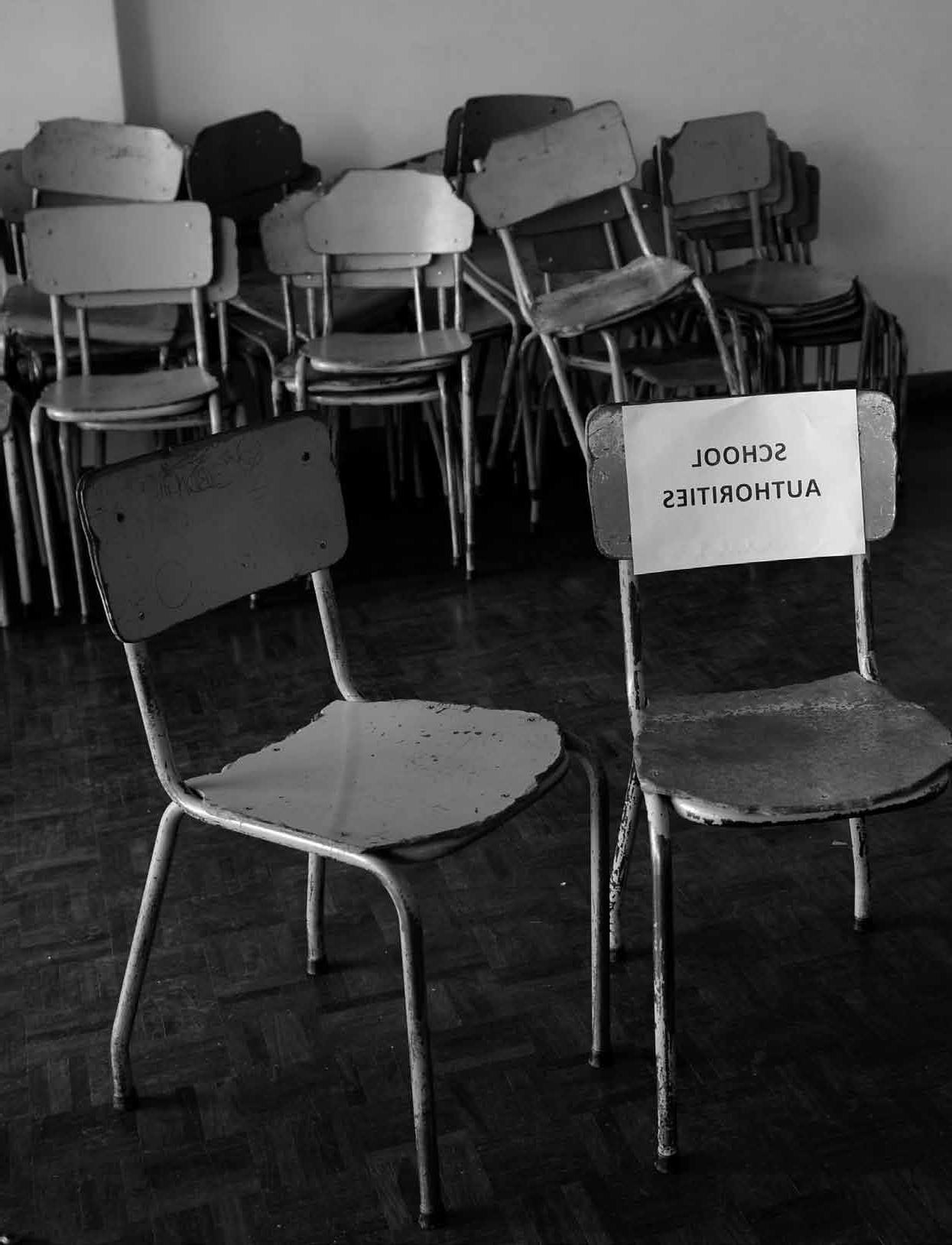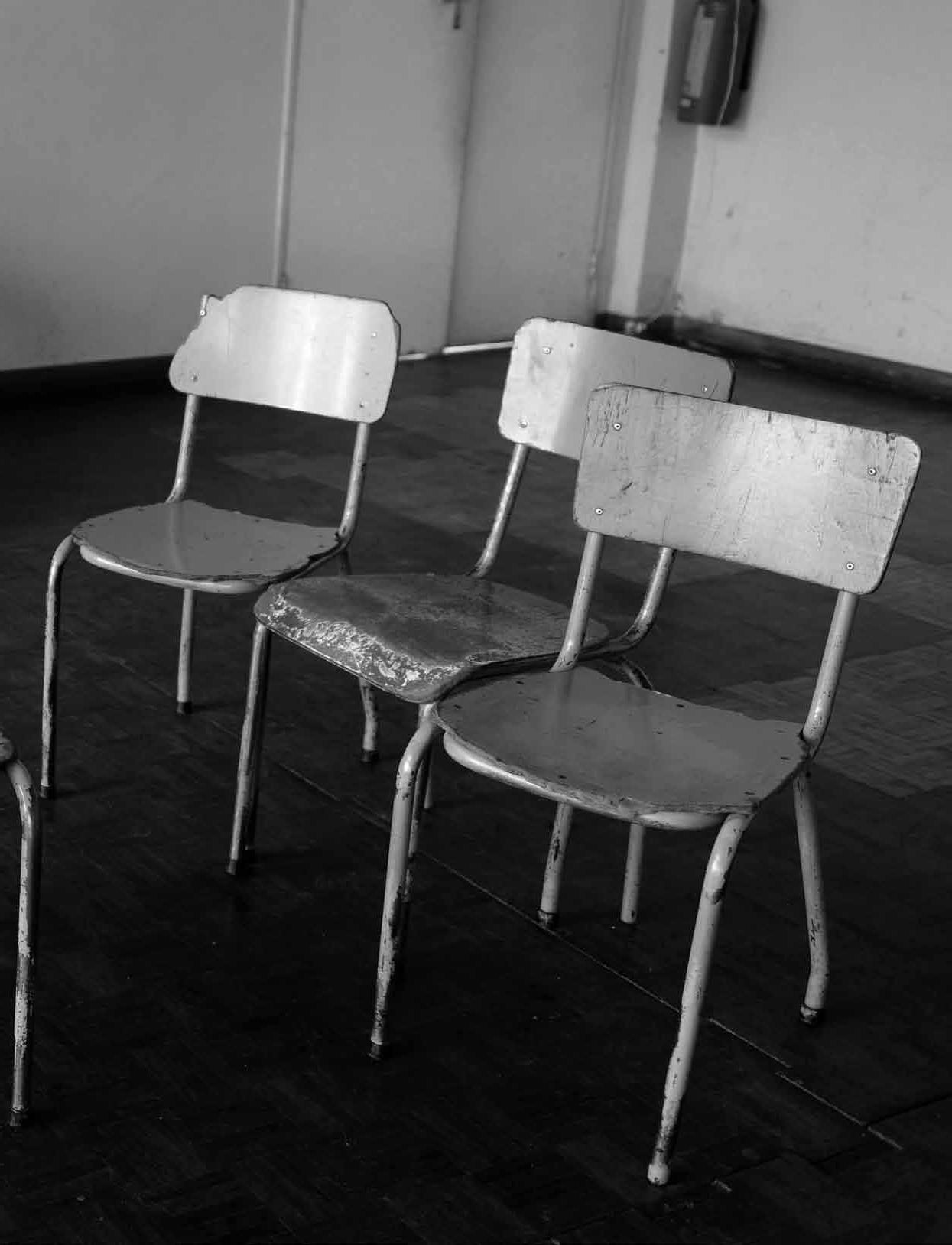
2 minute read
section 2 / the local picture
section 2
the local picture
The link between gendered disruptions and dropout in South Africa.

In this section, we explore how gender can shape South African learners’ journeys through school, disrupting boys’ and girls’ education in different ways. We know that dropout is not a once-off event in a young person’s life, but is a process of disengagement (or disconnection from schooling and learning). Learners are steadily pushed and pulled away from school, as they wrestle a range of challenges in their homes, neighbourhoods and learning environments.
In South Africa, of the 100 learners who start school in Grade 1, only 37% will reach and pass their matric examinations.35 While all learners are at risk of dropout if they become disengaged over a long period, their pathways through schooling are gendered.
Too often, a learner’s gender can shape the obstacles and setbacks they face to their education; a young person’s race, class and individual characteristics (such as sexual orientation or disability) also intersect with gender in ways that impact their relationship with schooling.
hile there are many factors
wworking to disrupt young people’s schooling – including household income, teacher absenteeism and access to learning resources – this section explores how these factors may be complicated or compounded by gender. we explore gendered disruptions to schooling in the home, school and neighbourhood, as well as how gender inequality is reinforced at a policy level. In all these spheres of young people’s lives, there are gendered expectations, pressures and stereotypes that unsteady them on their path to school completion.
Throughout this section, we connect research and lived experience, drawing from anthea and Jabulani’s stories, as well as the work and first-hand accounts of the Zero Dropout campaign’s implementing partners.
Since 2017, the Zero Dropout campaign has worked with four nGo implementing partners to roll out dropout prevention strategies in different parts of the country. Through this relationship, the campaign has built a body of knowledge about learner retention. Over the past four years, the Masibumbane Development Organisation (MDO), Khula Development Group (KDG), National association of child care workers (naccw) and the Community Action Partnership (CAP) have worked across three provinces to pilot a range of dropout prevention models. These organisations have trained either community workers, interns, mentors or child and youth care workers (cycws) to support learners to stay connected to schooling.
This section also draws on the experiences of the individuals working for the implementing partners to prevent disengagement and dropout in schools.
a tale oF two learners
Meet Jabulani and Anthea. They are not real people; they are composite characters. Their stories are based on a series of interviews conducted by the Zero Dropout Campaign with learners in the Western Cape and Eastern Cape. Jabulani and Anthea reflect the experiences, hopes and challenges of many young people making their way through the South African schooling system.








